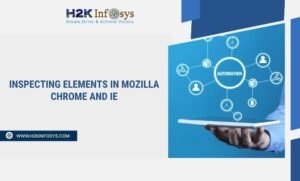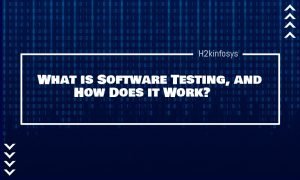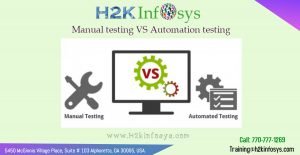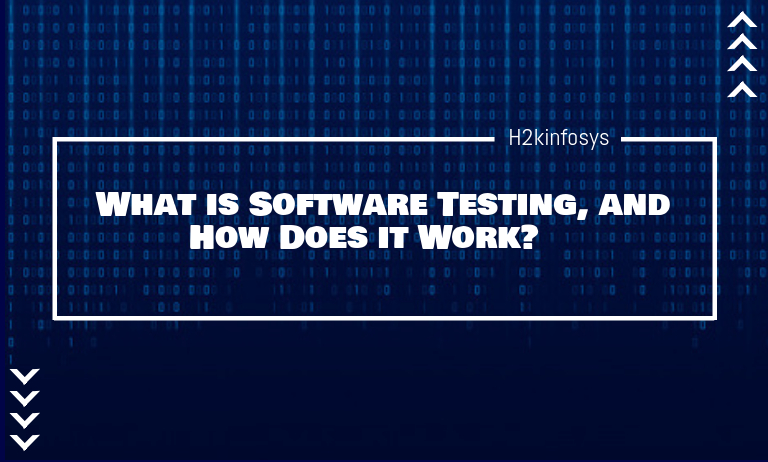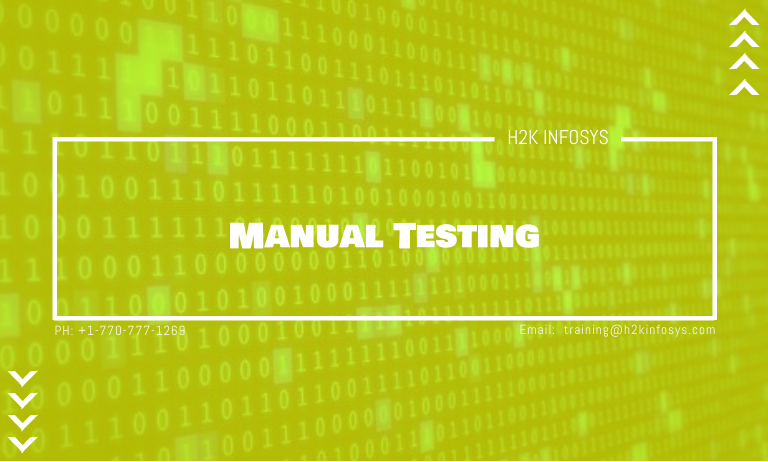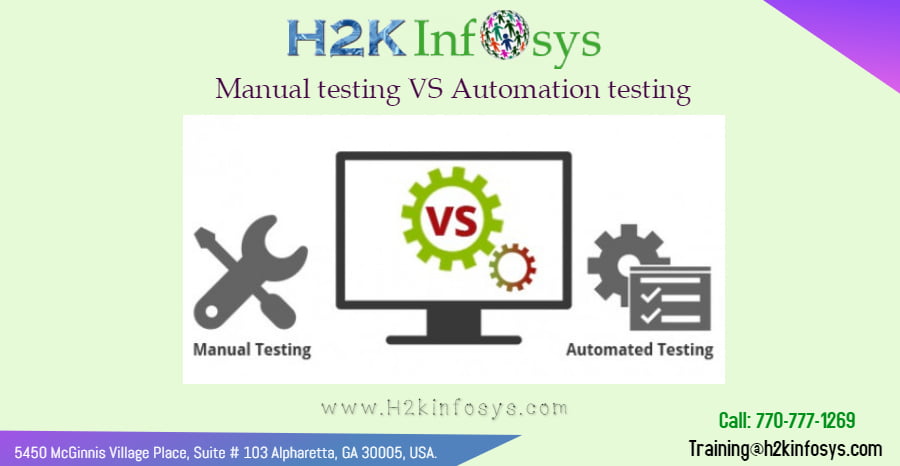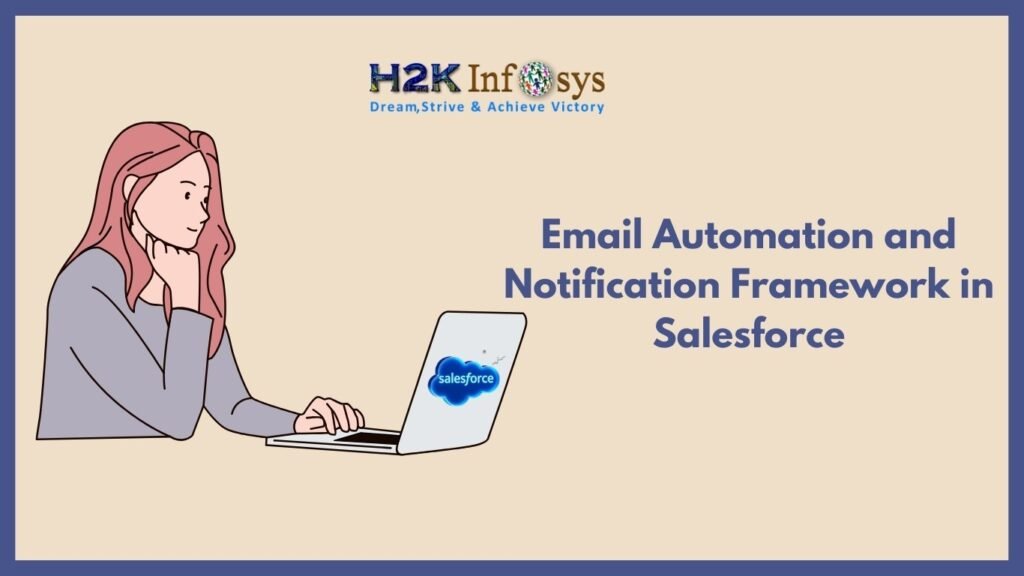Introduction
In the fast-paced world of software development, automation testing has become a critical pillar of modern quality assurance. For over a decade, Selenium has dominated the landscape, acting as the go-to tool for browser automation across diverse platforms and languages. From web developers to QA engineers, Selenium’s flexibility and community support have made it a household name.
However, as the industry evolves, so do the demands of testers. Complex web applications, real-time data, cross-device compatibility, and continuous integration have all raised the bar. To meet these new challenges, a set of powerful automation testing tools has emerged, offering features that either complement or outperform Selenium in specific areas.
In this comprehensive blog, we’ll explore the top automation tools competing with Selenium, comparing their features, strengths, limitations, and real-world use cases. If you’re preparing for your Selenium certification or undergoing Selenium training, understanding these tools will enhance your testing strategy and broaden your career options.
Why Look Beyond Selenium?
While this continues to be a dominant force, its limitations prompt testers to explore alternatives:
- Complex setup for parallel testing
- No native support for image or video validation
- Limited support for mobile testing (requires Appium)
- Steep learning curve for beginners
Let’s now dive into the leading tools that are reshaping the test automation ecosystem.
Playwright: The Modern Sibling to Selenium

Overview
Developed by Microsoft, Playwright is a rapidly growing end-to-end testing framework that supports modern browsers and frameworks. Its main advantage lies in native multi-browser support, effortless parallelization, and robust debugging tools.
Key Features
- Cross-browser testing: Works seamlessly on Chromium, WebKit, and Firefox.
- Language support: JavaScript, TypeScript, Python, C#, and Java.
- Built-in waits: Automatically waits for elements to be ready before actions.
- Headless and headful modes: Offers both options without additional configuration.
- Mobile device emulation: Easily test mobile responsiveness.
Real-World Use Case
E-commerce platforms like Shopify have adopted Playwright to execute thousands of test cases daily across browsers, ensuring consistent user experience.
Comparison with Selenium
| Feature | Selenium | Playwright |
|---|---|---|
| Browser support | Chrome, Firefox, Safari, IE | Chromium, Firefox, WebKit |
| Language flexibility | High | High |
| Installation | Moderate | Simple (single command) |
| Built-in waiting | Manual (explicit/implicit) | Automatic |
| Mobile emulation | Limited | Built-in support |
Cypress: Built for Developers
Overview
Cypress is a front-end testing framework focused on developer-centric testing for web applications. It runs directly in the browser and offers rich debugging capabilities, making it a favorite for JavaScript-heavy applications.
Key Features
- Fast test execution: Runs tests directly in the browser.
- Time-travel debugging: Snapshots taken at every step.
- Automatic waiting: Commands wait for elements automatically.
- Network stubbing: Mock backend responses easily.
- Dashboard service: Offers analytics and insights into test runs.
Real-World Use Case
Startups and agile teams often use Cypress to test their React and Angular applications in CI pipelines, significantly reducing regression times.
Comparison with Selenium
| Feature | Selenium | Cypress |
|---|---|---|
| Target users | Testers, QA Engineers | Developers, QA Engineers |
| Browser support | Wide | Chrome, Edge |
| Language support | Multi-language | JavaScript only |
| API mocking | External setup | Built-in |
| CI/CD integration | Manual setup | Integrated dashboard |
Appium: Selenium’s Mobile Counterpart

Overview
While it shines in web automation, it lacks native support for mobile testing. Appium fills this gap. It allows QA teams to automate native, hybrid, and mobile web applications across Android and iOS platforms.
Key Features
- Cross-platform testing: Write once, run on both Android and iOS.
- Language freedom: Use Java, Python, Ruby, JavaScript, or C#.
- Integration with Selenium WebDriver: Share test suites for web and mobile.
- Support for real devices and emulators: Easily configure test environments.
Real-World Use Case
Mobile banking apps use Appium to ensure flawless user experience across devices, from login and biometrics to complex transaction workflows.
Comparison with Selenium
| Feature | Selenium | Appium |
|---|---|---|
| Platform focus | Web | Mobile |
| Language compatibility | Java, C#, Python, etc. | Same as Selenium |
| Device support | None | Real + Emulated Devices |
| Ecosystem integration | Full | Seamless with Selenium |
Katalon Studio: Codeless Yet Powerful
Overview
Katalon Studio is an all-in-one automation platform that supports web, API, desktop, and mobile testing. It’s ideal for teams with limited coding skills due to its codeless testing capabilities.
Key Features
- Dual scripting modes: Switch between manual and script-based testing.
- Built-in keywords: Speeds up test creation.
- CI/CD support: Works with Jenkins, Git, and other DevOps tools.
- TestOps reporting: Centralized dashboard for test analytics.
- Data-driven testing: Easy integration with Excel, CSV, and databases.
Real-World Use Case
Enterprises often use Katalon for scalable test management, especially when multiple teams work on test cases simultaneously.
Comparison with Selenium
| Feature | Selenium | Katalon Studio |
|---|---|---|
| Codeless execution | No | Yes |
| Reporting | External tools needed | Built-in |
| Platform support | Web only | Web, API, Mobile, Desktop |
| Learning curve | Steep | Moderate (low-code) |
TestComplete: Enterprise-Grade Solution
Overview
TestComplete, developed by SmartBear, is a commercial test automation platform with broad support for web, desktop, and mobile applications. It’s especially useful in enterprise environments requiring large-scale test coverage.
Key Features
- Scripted and scriptless modes: Choose based on skill level.
- UI object recognition: Uses AI to detect dynamic elements.
- Support for multiple scripting languages: JavaScript, Python, VBScript, and more.
- Visual testing: Compare screenshots and UI elements.
Real-World Use Case
Insurance companies and banks often use TestComplete for legacy desktop applications where UI components are not easily recognized by open-source tools.
Comparison with Selenium
| Feature | Selenium | TestComplete |
|---|---|---|
| Cost | Free | Paid (license-based) |
| Language support | Java, Python, etc. | JavaScript, VBScript, etc. |
| Platform support | Web | Web, Desktop, Mobile |
| AI-powered testing | No | Yes |
Bonus Mentions: Other Emerging Tools
- Robot Framework: Keyword-driven testing, ideal for acceptance-level testing.
- TestCafe: Node.js based, allows parallel browser testing.
- Ranorex: Desktop and mobile testing, great for Windows environments.
- Taiko: Free and open-source tool from ThoughtWorks for testing modern web apps.
Choosing the Right Tool for Your Needs
When selecting an automation tool, consider these critical factors:
- Skillset of your team (coding vs. codeless)
- Application type (web, mobile, desktop)
- Cross-platform needs
- CI/CD pipeline integration
- Budget and licensing
For instance, a startup building a React-based SaaS product may benefit from Cypress. An enterprise managing banking applications across mobile and desktop may find TestComplete or Katalon more suitable. If your core focus remains on web automation with flexibility and customization, it is still a solid choice.
Integration with Selenium Training
At H2K Infosys, our training not only focuses on Selenium WebDriver but also introduces students to competing tools like Appium and Playwright. This real-world exposure prepares learners for a broader range of job roles and gives them the competitive edge required in today’s job market.
Through hands-on projects and step-by-step tutorials, learners gain deep insight into:
- Writing robust Selenium scripts
- Integrating with Appium for mobile testing
- Creating Playwright-based automation
- Understanding CI/CD pipelines with Jenkins
- Preparing for globally recognized Selenium certification
Key Takeaways
- It remains a leading tool, but alternatives like Playwright and Cypress offer compelling features.
- Choose a tool that fits your project’s technology stack, budget, and team expertise.
- Learning Selenium is still foundational and opens doors to mastering other tools.
- Consider training programs that include real-world applications and cross-tool exposure.
Conclusion
The world of automation testing is rich and constantly evolving. While it maintains its place as a robust and flexible tool, emerging competitors like Playwright, Cypress, Appium, and Katalon offer enhanced capabilities that can streamline testing for specific use cases.
Ready to upskill and take your automation career to the next level?
Enroll in H2K Infosys’ Selenium training programs to gain hands-on experience with Selenium and beyond!





